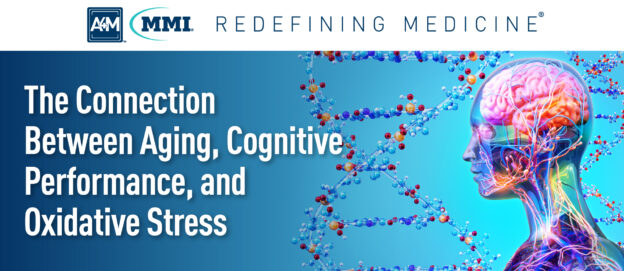More than just a vital component of maintaining optimal health, regular physical exercise is one of the most impactful lifestyle interventions for longevity.
Compared to being inactive, studies have found that exercising can reduce all-cause mortality by up to 30%. Experts have deemed the benefits of transitioning from a sedentary lifestyle to an active exercise regimen comparable to the health differences between smokers and non-smokers.
Research also suggests that patients who stop exercising or fail to exercise throughout their lives experience a heightened risk for disease and mobility loss and an overall lower life expectancy. On the other hand, older adults who exercise regularly are more likely to experience improvements in many areas of health: mental health, emotional, psychological, and social well-being, and cognitive function. And daily physical activity can reverse specific age-related processes, prevent heart disease and cancer, and optimize organ health, among its numerous other benefits.
Not all exercises are created equal. So, what is the optimal exercise regimen for elongating the lifespan and promoting long-term health and happiness? Experts in the field continue to explore this question while new research reveals more about the ideal routine for longevity.



